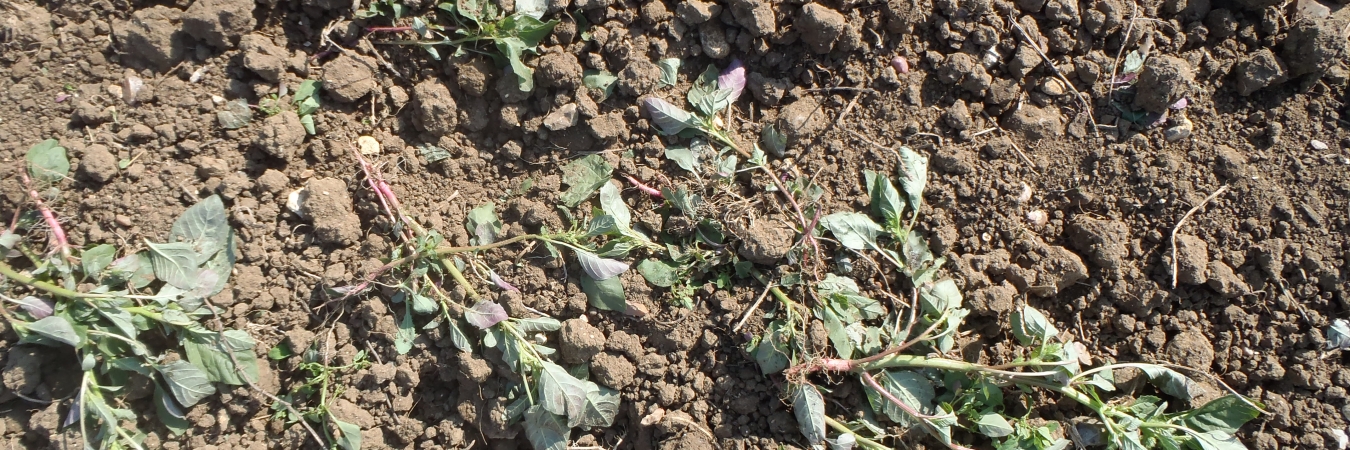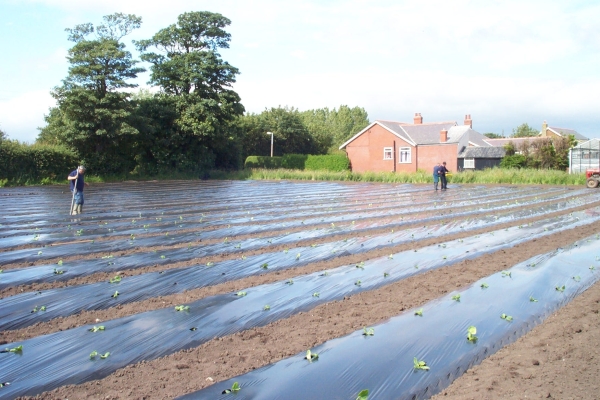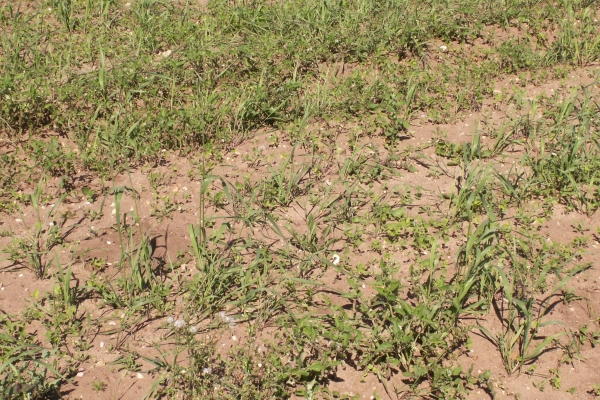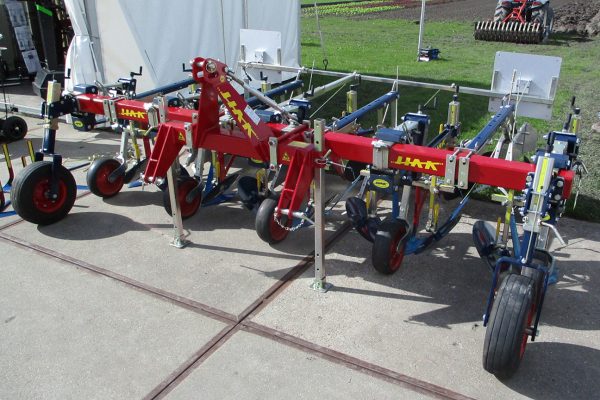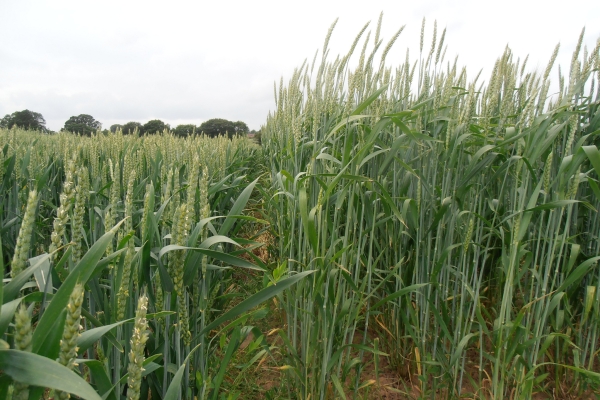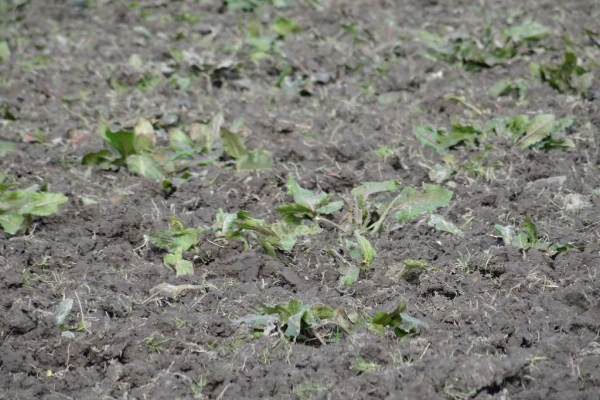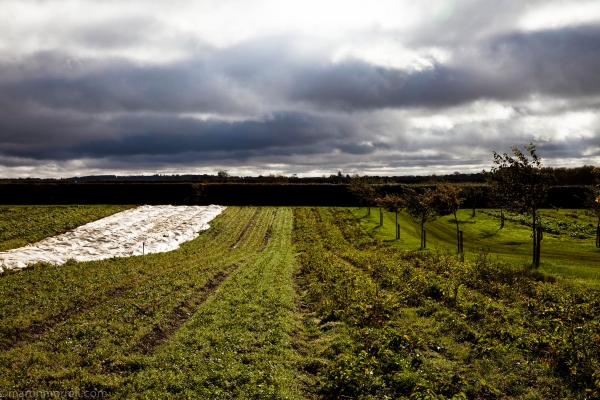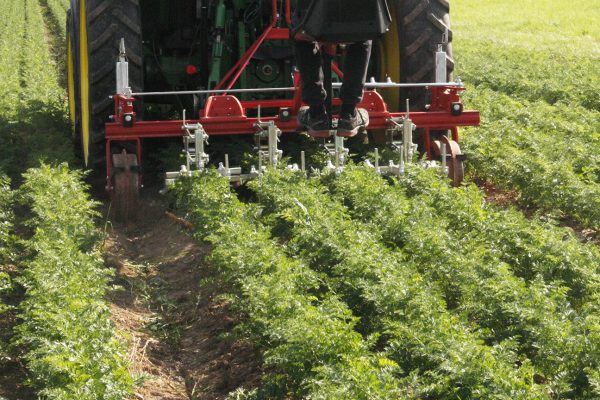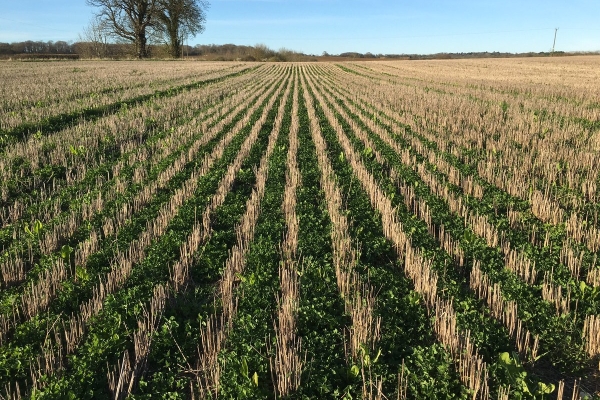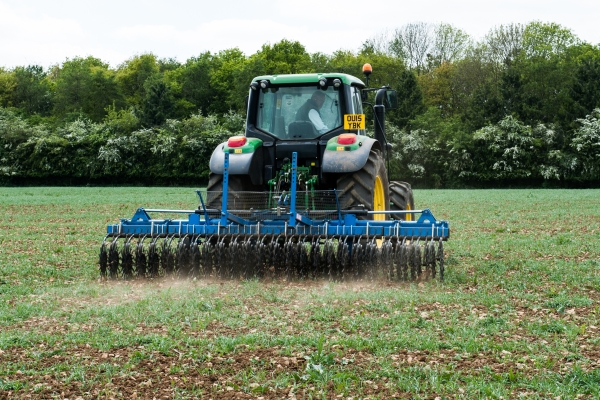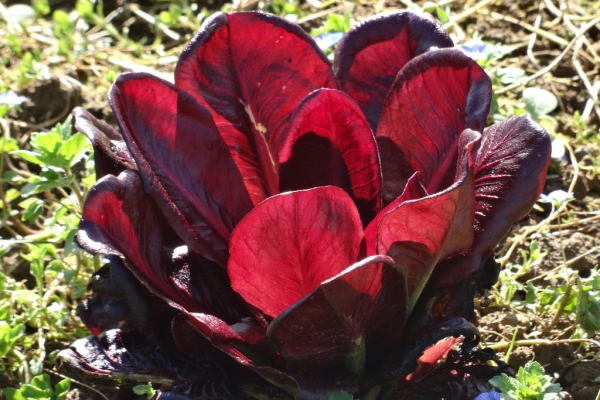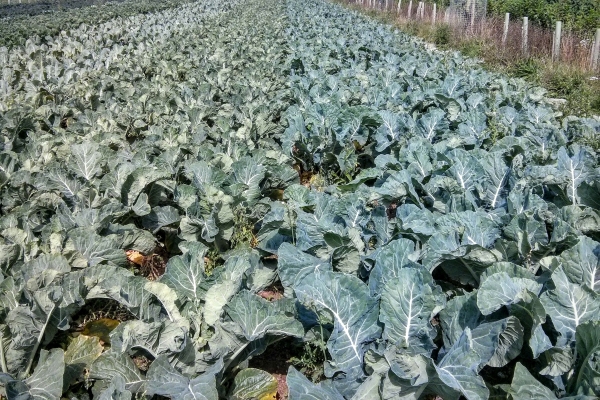Fallowing in organic systems – a last resort?
Resource explained
Fallowing aims to use repeated cultivations to reduce weed seed numbers in soil by encouraging germination then killing the seedlings. It can break up and stimulate the growth of the vegetative organs of perennial weeds and kill them by desiccation, starvation or mechanical injury. This leaflet, produced by Garden Organic (formerly HDRA) as part of the Organic Weed Management Project OF0315, explains the method and outlines some of the potential benefits and disadvantages of using it as a method of weed control in organic systems.
Findings & recommendations
- Potential benefits include reduced weeding costs and higher crop yields in the years following a fallow and allowing a wider range of crops to be grown.
- Disadvantages arguably outweigh the benefits and include:
- Land being left out of production for a year with no financial return but with added time and labour costs.
- Repeated cultivations harming the structure of some soils, being detrimental to some soil micro-organisms, especially mycorrhizae.
- Increased leaching of nutrients from soil left bare through the winter.
Summary provided by:
Janie CaldbeckRelated articles
This leaflet covers actions farmers can take to prevent and control annual weeds and prevent adverse effects on crop yield and quality.
Leaflet summarising organic methods of prevention and weed control of the perennial grass common couch.
A report on the use of ‘row hoes’ — what used to be called inter-row hoes / cultivators.
How to control arable weeds using organic methods; learn the cultural and mechanical ways to reduce or replace chemical herbicide use.
Guidance from the OK-Net Arable project on managing perennial weeds through using suitable machinery and techniques, focusing on stubble cultivation.
Video footage filmed at ORFC 2019 of Jez Taylor from Daylesford Organic Farm describing weed management techniques that are used in the market garden.
OGA webinar with Dr Charles ‘Merf’ Merfield on the 'Big 4' in weed management: minimising weed seed rain, (proper) false seed beds, flame weeding, and...
Footage recorded at the ORFC 2020 session on 'The future of agroecological weed management.' Mike Mallett of Maple Farm Kelsale shares insights into approaches to...
Mechanical weed control has long been used on organic farms, but recent advances in technology make it a realistic option for non-organic farmers too.
A FiBL technical guide packed with useful information on weed control strategies and techniques.
A series of leaflets divided in to different crop types covering the weed management options available to you within an organic system.
